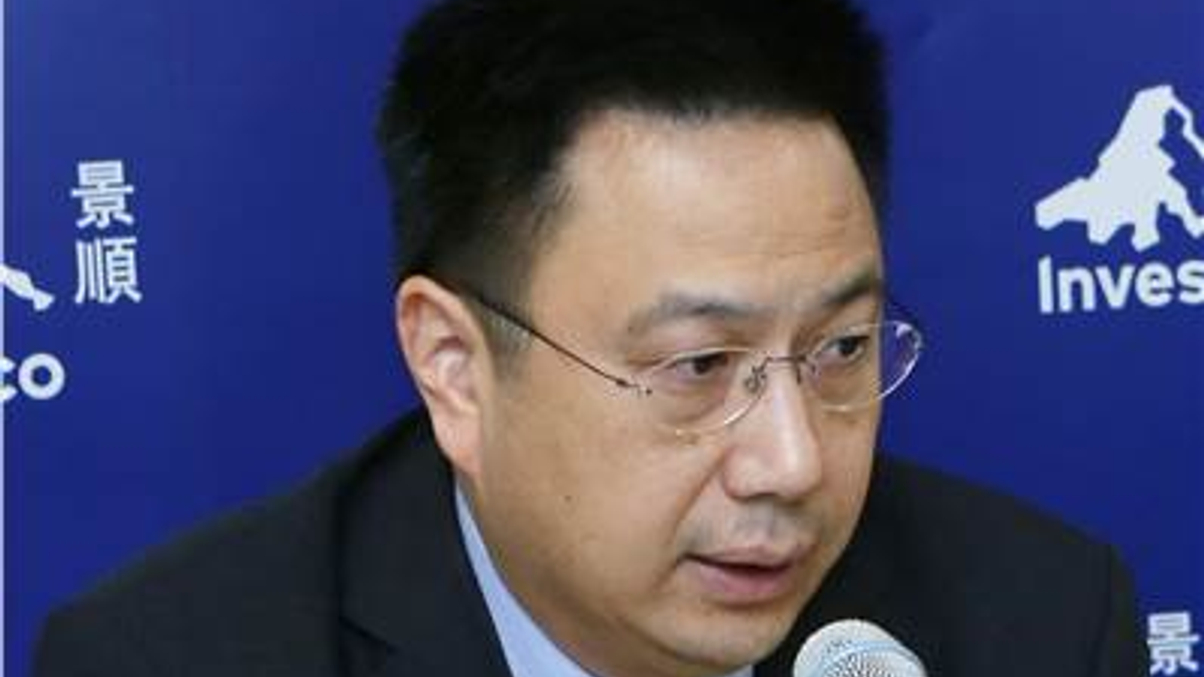HK bourse booms as Stock Connect hits limit
Southbound trading hits its quota limit for the first time, pushing the Hang Seng Index up to a level not seen since the financial crisis. But fears are voiced over imported volatility.

Strong support for Hong Kong stocks from mainland Chinese buyers boosted the Hang Seng benchmark index to a seven-year high yesterday.
Sign in to read on!
Registered users get 2 free articles in 30 days.
Subscribers have full unlimited access to AsianInvestor
Not signed up? New users get 2 free articles per month, plus a 7-day unlimited free trial.
¬ Haymarket Media Limited. All rights reserved.


